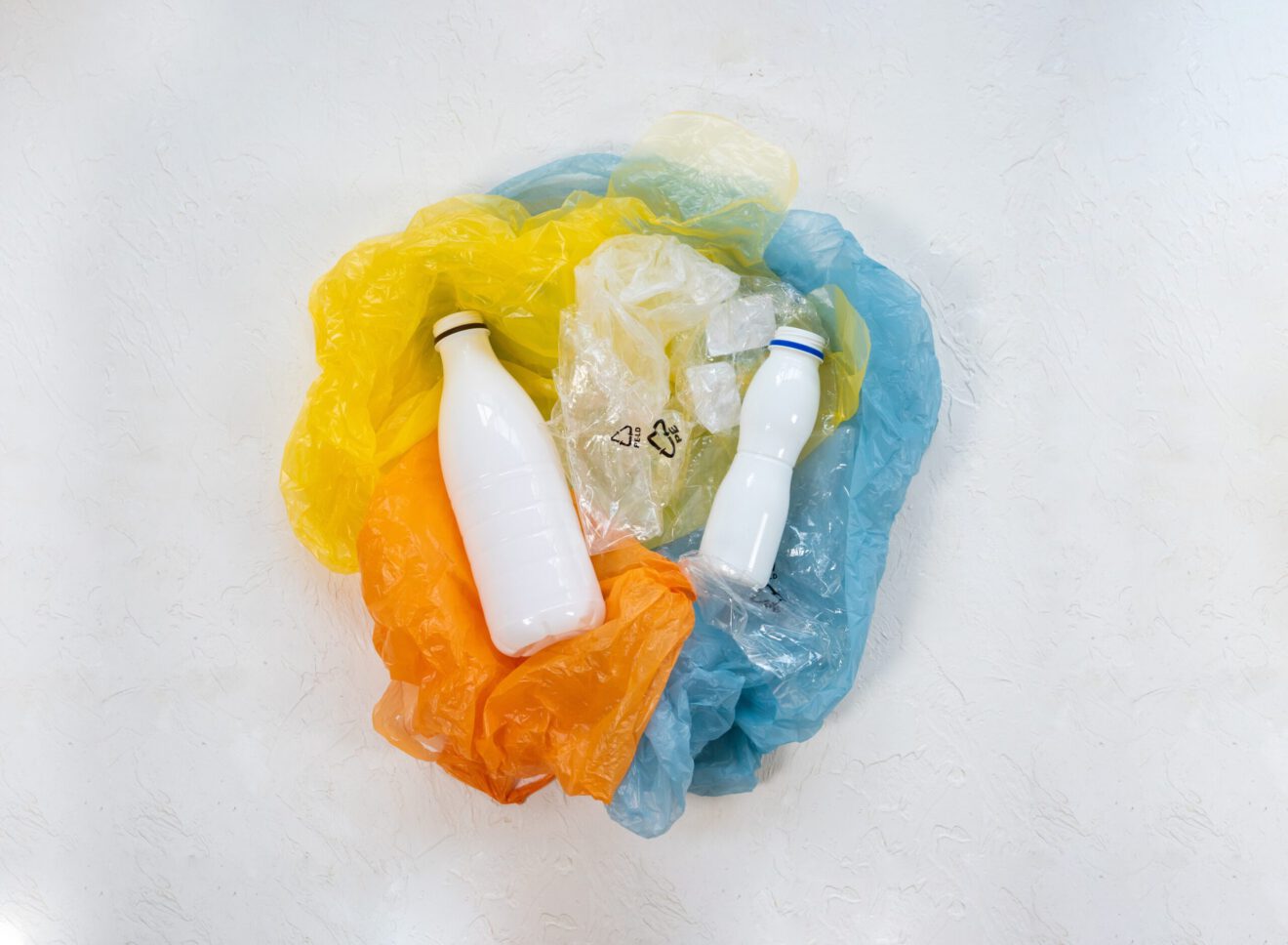As brand strategists, much of our work entails the art and science of reframing — of repositioning. And during an era of great awakening, what isn’t ripe with the need for both?
The role of the “consumer,” the notion of brand health, the impact of the collective, conscious dollar — it’s all up for evolution.
As environmental, social and governance (ESG) issues and investments move swiftly from the side to the center of marketing efforts, now is the time to pause and be mindful of why these efforts exist in the first place and how they make a real impact.
Over the past five years, I’ve been fortunate to serve clients in conservation. It’s changed me. It’s deepened my already-close relationship with the natural world, and it has fundamentally transformed the way I view our role as marketers and communicators and – most importantly – the role of consumers. From this point on I will refer to the Consumer as “Creator,” meaning when one consumes, their spending results in creation. In regeneration.
Because Creation is the future of consumption. It must be.
Any immersion into Conservation quickly leads one to realize the work is not an act of fencing off or merely preserving (a common misperception), but of growing forward. Because life forms from life. There’s a waterfalling effect of abundance born only from rewilding.
Conservation creates, it multiplies outward beyond our reach in the best imaginable way. When applying this principle to our own line of work, one quickly realizes the act of consumption and the role of the “consumer” can engender Creation, too.
Consider the prescience from Aldo Leopold’s, “A Sand County Almanac” from 1949: “Nothing could be more salutary at this stage than a little healthy contempt for a plethora of material blessings. Perhaps such a shift of values can be achieved by reappraising things unnatural, tame, and confined in terms of things natural, wild, and free.”
I can’t think of anything more powerful than Creators, the new consumers, reappraising their spending.
We’re hungry for the role.
One study found that 75% of Generation Z (a global population of 2.5 billion people) state that sustainability is more important to them than brand names.
Why? Because we know status-quo-consumerism doesn’t cut it anymore. It isn’t sustainable.
Too often we think of “sustainability” as a buzzword or “word of the moment” rather than its true meaning which is, this good thing will last. I’m here to say that this good will not only last, it will last and grow forward when we consumers step into the role of Creator – and when marketers develop more opportunities to do so.
Although there are countless ways to enable this evolution, here are a few to make a start:
- Be clear about what is being created: What kind of good growth is the spend stimulating?
- Think of the end of the purchasing cycle as the beginning of a new innovation. What act of regeneration continues after purchase?
- And when assessing opportunity via the classic 4 C’s, implement another two: Climate and Community. They are inextricably linked.
For too long, whether it’s the efforts of conservation organizations or corporations, ESG practices and investments have largely remained removed from the general public’s pocket.
It’s time we close that gap and re-engineer the impact of purchasing power.
When purchasing power is directed toward replenishing natural resources rather than depleting them, the act of buying something becomes a collective investment in a future we want to live in.
And when you invite Creation through consumption, you don’t just grow the good of the natural world, natural infrastructure and climate resilience, you grow the good of your brand’s relevance, health and profitability. Cumulative growth, repeat purchase rates, brand affinity, loyalty, and engagement have been reported higher for products that make ESG-related claims and investments vs. those that do not, per a McKinsey and NielsenIQ joint study.
I’m encouraged by the imagination, impact and innovation resulting from lines collapsing between commerce and conservation. Here are just some examples:
- 1 million plastic bottles from the ocean turned bodywear, regenerating 3 coral reefs (Londre),
- the reduction of food waste and food insecurity through yogurt (Two Good),
- citizens re-claiming and rewilding their land from rampant development through a simple membership (Texas Parks & Wildlife and The Nature Conservancy),
- Planet Earth as primary shareholder (Patagonia)
When the Glass to Garden program from Maker’s Mark, our B Corp, Regenified Certified client, put consumers in the Creator’s seat, bourbon bottles were pulverized into sand to enrich soil in urban gardens. The program enabled more people to have access to organic food and vibrant ecosystems, bettering the health of each community.
Consider the good that grows forward, all from simply enjoying a little bourbon.
I don’t know about you, but I’ll choose a genuine desire to invest in a sustainable, regenerative, equitable future every time. We’re all conservationists now.
This good thing will last. And through our work, if we can inspire more Creators to join us in this future of consumption, this good thing will last and grow.
Jennifer Billiot Garrett, vice president and director of Brand Strategy at Doe Anderson, has 18 years of industry experience. She has navigated business challenges and advanced purpose journeys for Southwest Airlines, Whole Foods, Chipotle and more. Jennifer co-founded a consultancy serving clients in conservation and a cross-agency coalition, “Creatives for Conservation,” and leads brand strategy for B Corp, Regenified Certified client, Maker’s Mark. Based near Nashville, Tenn., with her husband and son, Jenn also is a published poet and songwriter, who actively advocates for the planet.
If you liked this article, sign up for SmartBrief’s free email newsletter on Marketing Innovation. It’s among SmartBrief’s more than 250 industry-focused newsletters.
